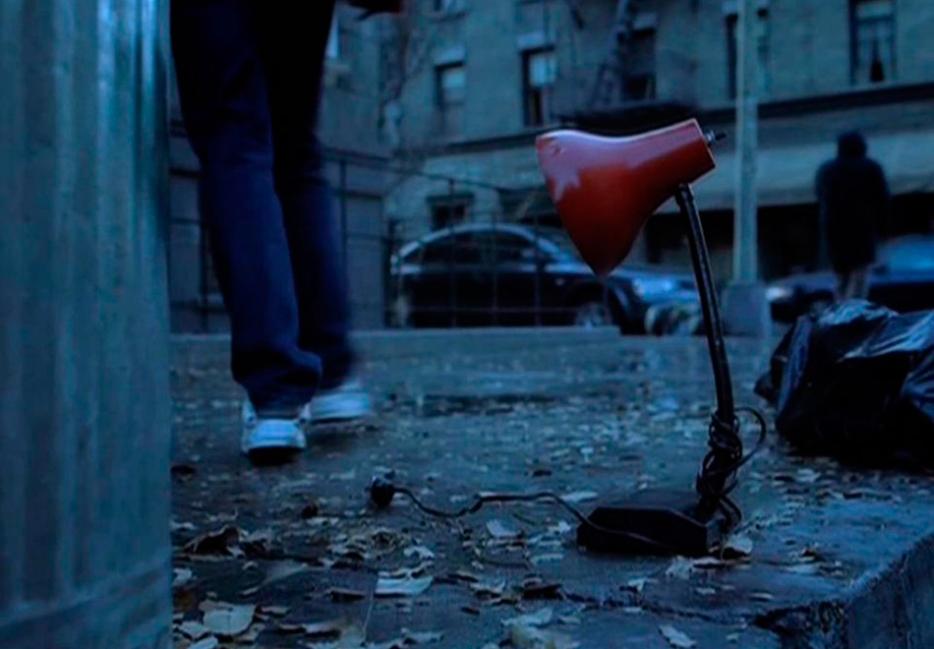The first thing I can really remember loving was a pillow. It had a light rainbow-stripe pattern and was overstuffed with cotton, which meant it kind of moulded around my face whenever I buried myself into it, swallowing up eyes and ears like a fluffy isolation chamber. It was a gift from before I can actually remember, an inescapable appendage, and there could not have been more than a handful of nights I slept without it until I lost it on a school trip to Germany when I was, egregiously, 16. I remember realizing it was gone and being filled not so much with sadness as dread—a deep, panicky fear about what life was going to be like now. Now that I didn't have a small pillow that smelled like musty-sweet pubescent first sweat.
Though having an existential attachment to bedding well into high school is probably a little more rare, transitional objects—inanimate pieces of cloth or plastic to which we attach serious emotional weight—are reasonably common, if the psychologists are to be believed. The idea is that, as a child starts to realize she's alone in the world, one of many independent actors with their own agendas, she reaches out to some kind of object to take the place—a thing that is always with them, both in the sense of being at their side and in not opposing their desire to, say, roll around in the dirt or refuse to get out of bed. Strictly speaking, they know it's not a real thing in the same way that mommy or daddy is, but they don't particularly care, either—anything makes the world easier to deal with than nothing.
Maybe because of this, we tend to regard most affection for objects as, if not entirely juvenile, then at least woefully unsophisticated. This isn't just the sappy twee innocence of worrying about whether certain mugs feel left out when you don't use them enough: even being materialistic is a fundamentally immature disposition, all those things getting in the way of some nobler, truer, deeper life, cluttering the path to enlightenment. If we're going to admit we feel anything other than a utilitarian fondness for something, it almost inevitably has to be attached to a person, something actually worth the affection (that transference, again): this ring is a symbol of our vow, my dad gave me this knife, my friend made those gloves. Loving an object just for its objectness is like low-grade disease, a slip down the slope to hoarding.
This admittedly seems a little weird in a society as molecularly consumerist as ours, but consumerism is less about attachment to objects than attraction to them: you have to spend money for society to make money. The finest capitalists are remarkably good at making you feel dumb for feeling anything for their products past the first week of release: that IKEA lamp commercial you may remember—which was directed by Spike Jonze, who must know something about how we attach to things—is sweet and sad and openly eviscerates you for caring about an old lamp. A new Verizon commercial, armed with a product that has a voice, casts it as a clingy and pathetic partner, and however succinctly that captures the dynamic of a dating app (another topic, another day), it sums up the iPhone mentality even better: there's no room for lingering sentiment in planned obsolescence.
We have swallowed that message so thoroughly that, not only is there a good chance that typewriters outnumber working first-generation MacBooks in today's condo developments, we can't even offer a good rebuttal. The minimalist movement—those tiny condos, with fewer things—is a stealthily consumerist one, claiming you'll need less but knowing you'll really just need less at hand: you can always go and buy what you need. Artisanal seems like an out, but it still tends to prize the story of the maker (and as such her mark) more than the product—people, again, never just the things—and anyway, they're not going to make rent on their loft with one sale per generation.
I suppose there's no particular reason why we should be able to be unabashedly attached to mere things, other than maybe that there's no particular reason why we shouldn't. Most of what's made today has a certain disposability built into it, but no matter the origins, an object inherently becomes ours with use; in a way, it becomes us—in the hybrid, piecemeal identity we all have—as much as anything else we identify as "us." We are all alone, after all; we may as well find something to hold on to.






